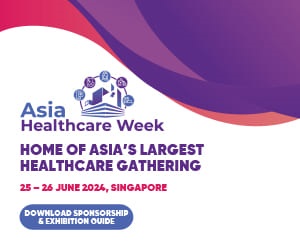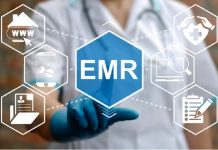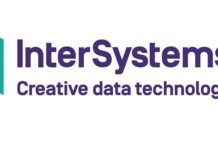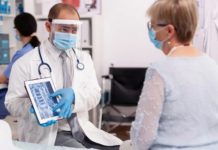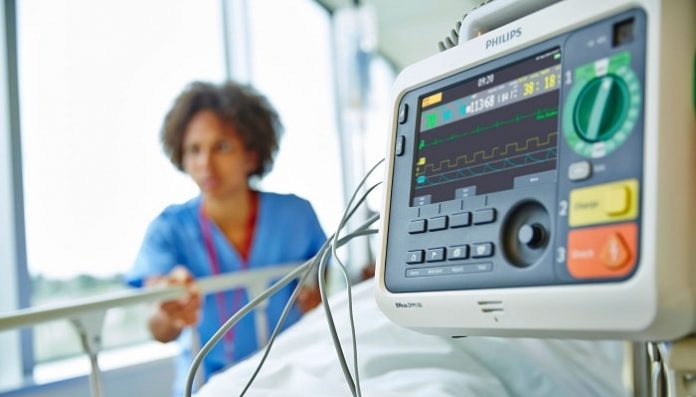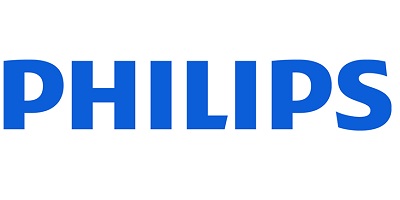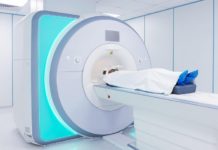Royal Philips , a global leader in health technology, announced that it has acquired Remote Diagnostic Technologies , a UK-based leading innovator of advanced solutions for the pre-hospital market providing monitoring, cardiac therapy and data management.
RDT’s portfolio of comprehensive connected emergency care solutions will complement Philips’ Therapeutic Care business and strengthen its leadership position in the EUR 1.4 billion resuscitation and emergency care market. Moreover, RDT will strengthen Philips’ ability to innovate, drive digital transformation in healthcare, and enter new markets. Financial details of the transaction were not disclosed.
Philips already offers a range of proven monitoring and therapeutic products and solutions to help emergency medical services, hospitals and lay responders accelerate the delivery of care at the scene. This offering includes automated external defibrillators (AEDs), advanced life support monitors, and data management solutions. RDT will complement this with a product range for ambulance and emergency responders, which includes Tempus ALS, a modularized monitor and defibrillator that offers premium functionality in a smaller, lighter and more flexible package. RDT also offers highly robust, yet lightweight monitors equipped with telecommunication capabilities for various emergency responders.
“We are committed to investing in and expanding our resuscitation and emergency care offering, and with the acquisition of RDT we can boost our capabilities and portfolio in this vital area of healthcare,” said Arman Voskerchyan, Business Leader for Therapeutic Care at Philips. “With its focus on the pre-hospital market, RDT’s portfolio of emergency care solutions will enable Philips to grow its presence in this market, as we further build our health technology portfolio and extend the range of connected, data-driven solutions we offer to our customers.”
“We are delighted to become part of Philips and continue on our journey that began over 20 years ago”, said Graham Murphy, CEO of RDT. “Our mission is very much aligned with Philips’ own, as we are committed to transforming the delivery of care and improving patient outcomes driven by customer-focused innovation. Together, we will continue to enable prehospital caregivers to make a real difference to patient outcomes everywhere.”
Emergency medical services are dedicated to providing pre-hospital acute care, including primary patient stabilization, at the scene medical treatment, and transportation to hospitals. As such, they are an essential part of the patient journey and form a crucial link to preserve life, prevent further injury, and promote recovery for patients.
RDT was founded in 1997 and employs approximately 100 employees. The company is headquartered in Hampshire, U.K., with activities in Europe and North America. Within the Therapeutic Care business group, RDT will be a business alongside the existing Emergency Care & Resuscitation and Hospital Respiratory Care businesses.






